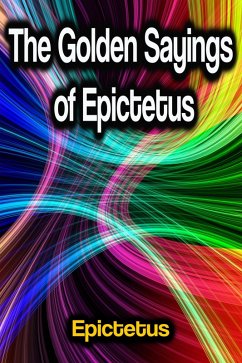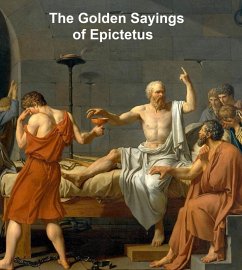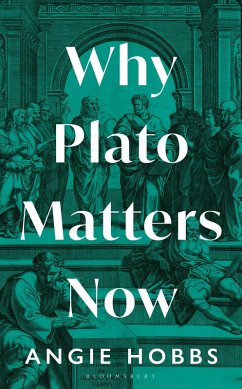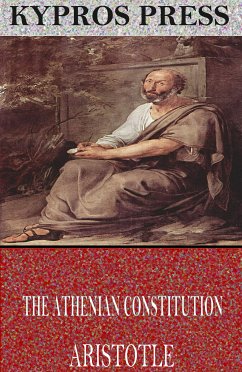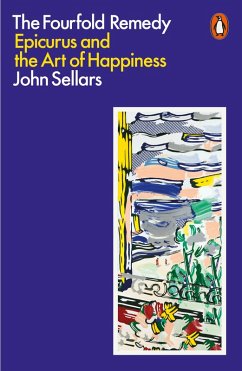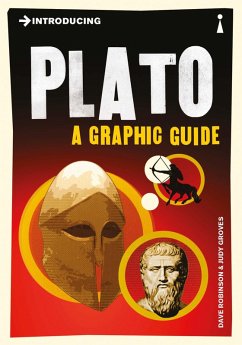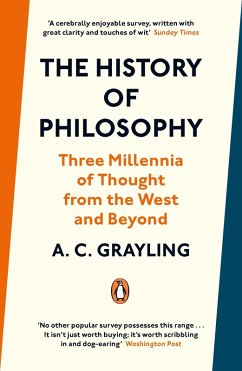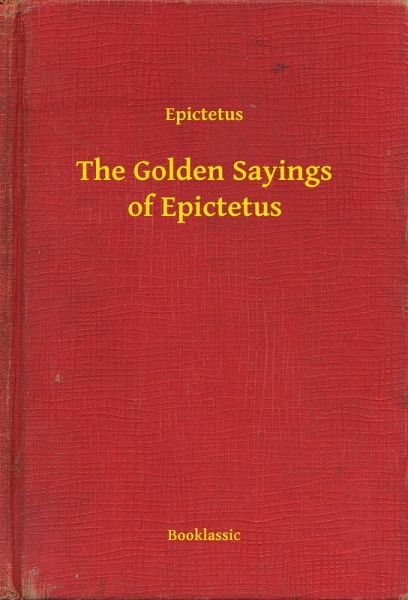
The Golden Sayings of Epictetus (eBook, ePUB)
Versandkostenfrei!
Sofort per Download lieferbar
0,88 €
inkl. MwSt.
Weitere Ausgaben:

PAYBACK Punkte
0 °P sammeln!
Selections from the writings of the Greek Stoic philosopher Epictetus, compiled and translated by Hastings Crossley.
Das E-Book The Golden Sayings of Epictetus wird angeboten von Booklassic und wurde mit folgenden Begriffen kategorisiert:
Das E-Book The Golden Sayings of Epictetus wird angeboten von Booklassic und wurde mit folgenden Begriffen kategorisiert:
Dieser Download kann aus rechtlichen Gründen nur mit Rechnungsadresse in A, B, BG, CY, CZ, D, DK, EW, E, FIN, F, GR, H, IRL, I, LT, L, LR, M, NL, PL, P, R, S, SLO, SK ausgeliefert werden.




